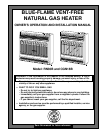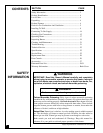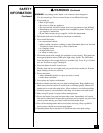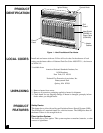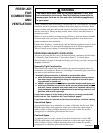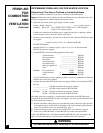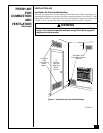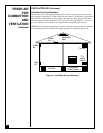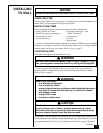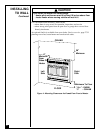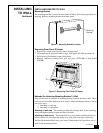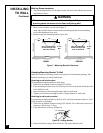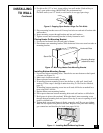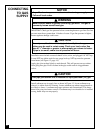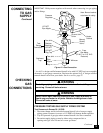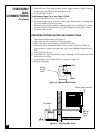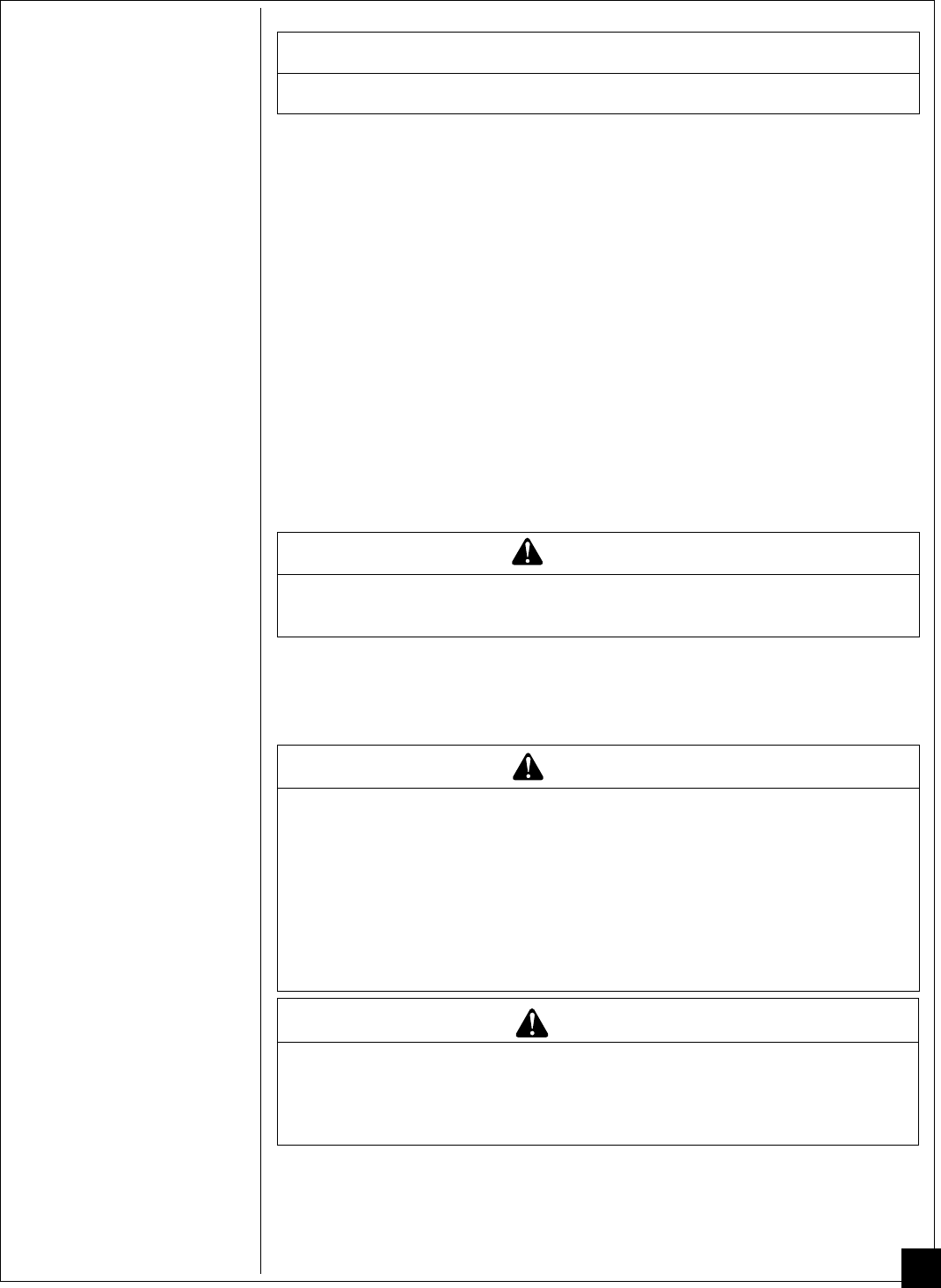
9
100096
INSTALLING
TO WALL
NOTICE
A qualified service person must install heater. Follow all local codes.
CHECK GAS TYPE
Use only natural gas. If your gas supply is not natural gas, do not install heater. Call
dealer where you bought heater for proper type heater.
INSTALLATION ITEMS
Before installing the heater, make sure you have the items listed below.
• piping (check local codes)
• sealant (resistant to propane gas)
• manual shutoff valve *
• ground joint union
• test gauge connection * (see
Figure 12, page 15)
• sediment trap
• tee joint
• pipe wrench
* An A.G.A. design certified manual shutoff valve with 1/8" NPT tap is an acceptable
alternative to test gauge connection. Purchase the optional A.G.A. design certified
manual shutoff valve from your dealer. See Accessories, page 27.
LOCATING HEATER
This heater is designed to be mounted on a wall.
Continued
WARNING ICON G 001
WARNING
Maintain the minimum clearances shown in Figure 4 (page 10). If you
can, provide greater clearances from floor, ceiling, and joining wall.
You can locate model CGN18B on floor, away from a wall. An optional floor
mounting stand is needed. Purchase the floor mounting stand from your dealer.
See Accessories, page 27.
WARNING ICON G 001
WARNING
Never install the heater
• in a bedroom or bathroom
• in a recreational vehicle
• where curtains, furniture, clothing, or other flammable objects are
less than 36 inches from the front, top, or sides of the heater
• as a fireplace insert
• in high traffic areas
• in windy or drafty areas
WARNING ICON G001
CAUTION
This heater creates warm air currents. These currents move heat
to wall surfaces next to heater. Installing heater next to vinyl or
cloth wall coverings or operating heater where impurities in the air
(such as tobacco smoke) exist, may discolor walls.
IMPORTANT:
Vent-free heaters add moisture to the air. Although this is beneficial, in-
stalling heater in rooms without enough ventilation air may cause mildew to form from
too much moisture. See Fresh Air for Combustion and Ventilation, pages 5 through 8.



